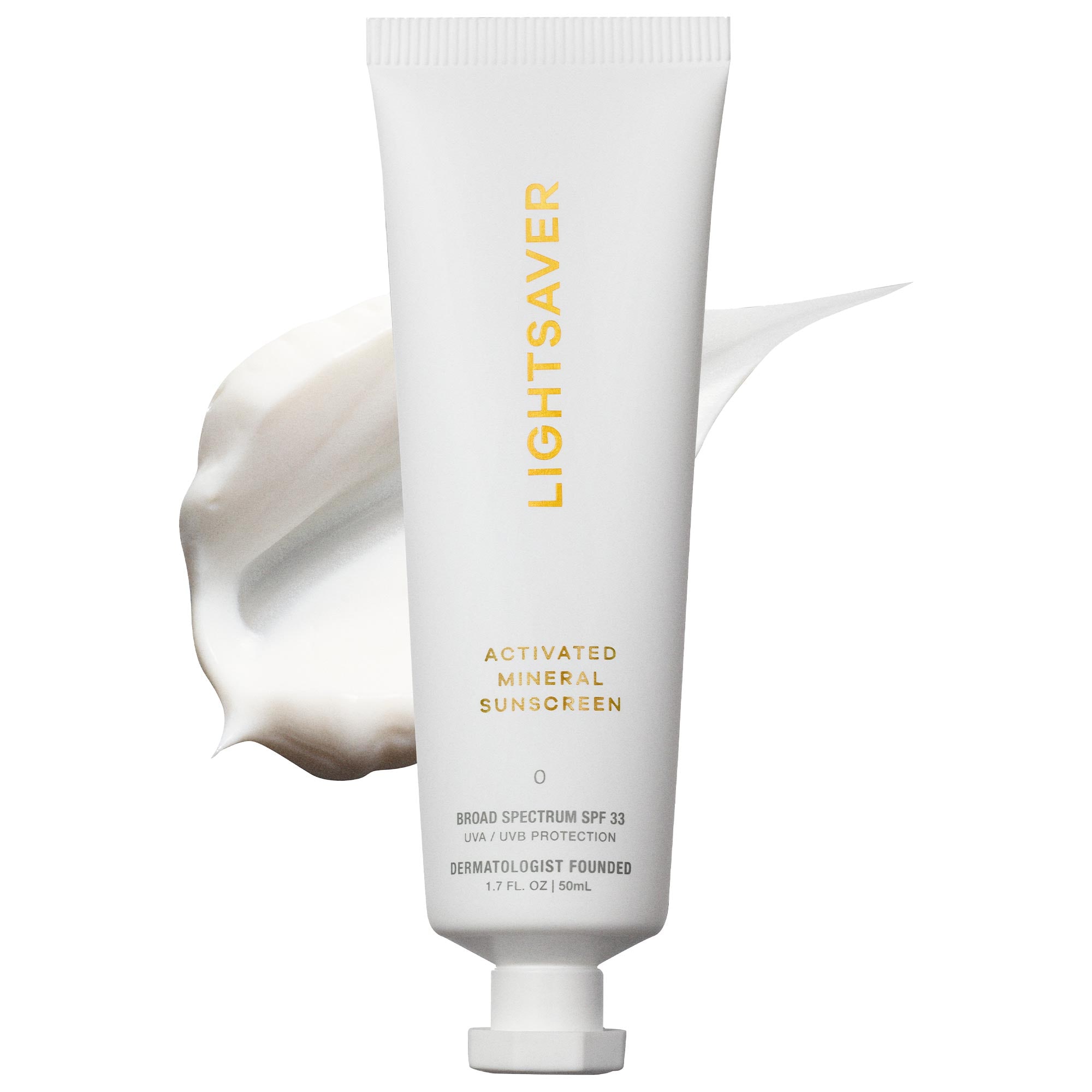I Got Liquid Micro-Needling for My Acne, and It Was the Best Thing I've Ever Done for My Skin
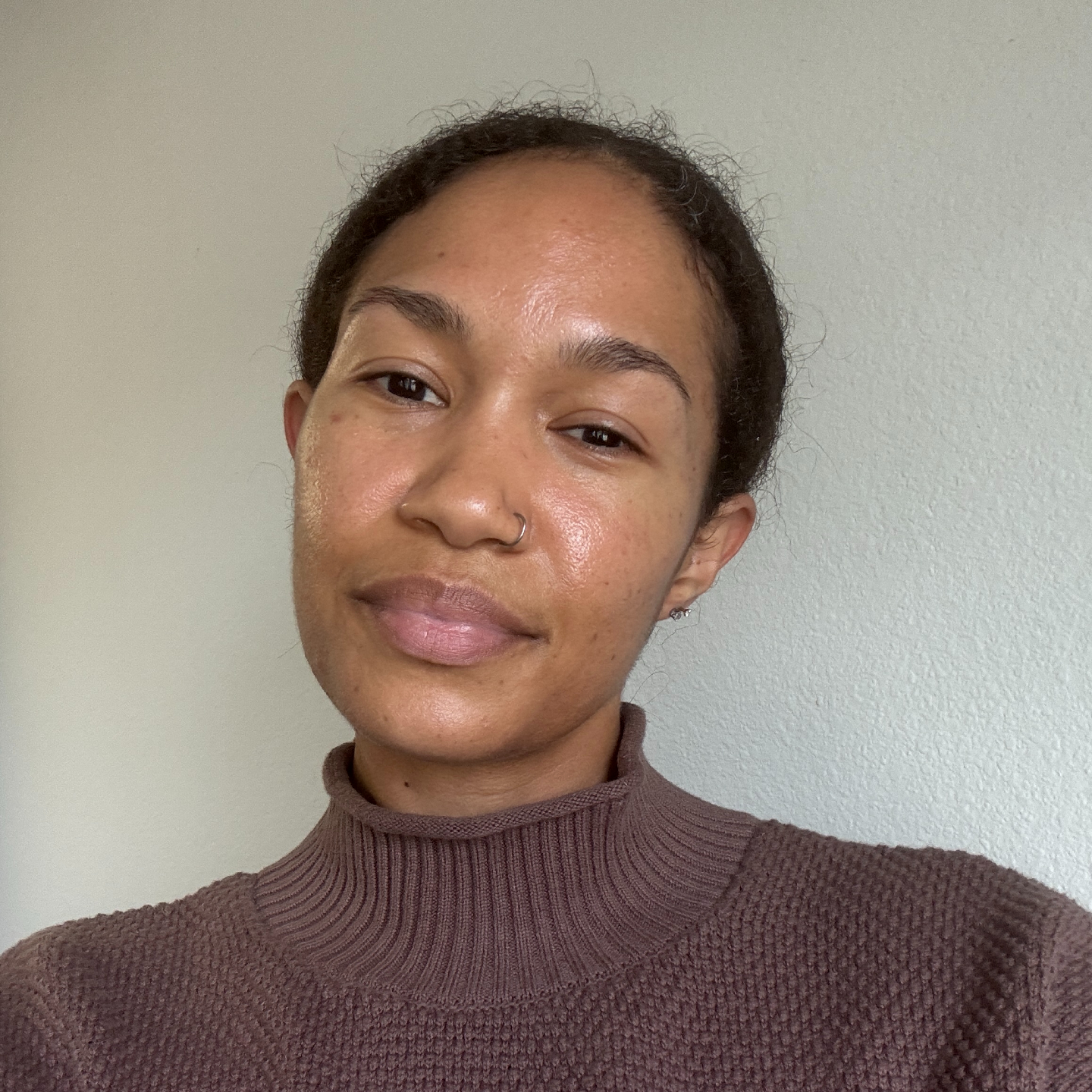
I'll preface this article by saying that there are a lot of treatments out there that can help you accomplish your skin goals, but it isn't always easy to know which one is right for you. Personally, I've always struggled with acne, hyperpigmentation, and barrier damage, which can sometimes limit what types of treatments I can get. There's always the opportunity to try something, but when you have problematic skin like I do, you tend to be extra careful.
Treatments like regular micro-needling (something I've always wanted to try) aren't recommended for those with active acne, so I thought I wouldn't be able to reap the incredible benefits it has to offer for a while. However, I recently discovered the perfect alternative. Enter Cellstory—a new kind of liquid micro-needling treatment that not only is safe for acne-prone skin but also helps to heal it in a big way.
My aesthetician, Varuni Palacios, told me all about it, and I knew I had to try it. She gets skin of color and told me it would be perfect for the active acne, texture, and scars I had, and boy, was she right. If you're ever in the L.A. area and in need of a good facialist, stop by Studio Varuni—Palacios is a master at her craft, and I've left her office practically sparkling every time I visit.
If you're experiencing similar skin issues and are curious about the treatment, I've got you. Below, I'm sharing all about what Cellstory is and how it worked for my skin.
What is Cellstory?
Palacios explained that Cellstory is a dermal rejuvenation, liquid micro-needling treatment that uses liquid micro-needles made from spicules (derived from the exoskeletons of hydrolyzed deep sea sponges) coated with key stem cells and amino acids. These vital nutrients treat active acne, soften skin texture, reduce pigment, and brighten the skin. It's the perfect treatment for anyone with acne-prone skin! "The treatment is popular because unlike traditional micro-needling methods, treatment requires no needles, no numbing, no pain, and literally no downtime," says Palacios. "I'm obsessed!"
Although this treatment is particularly great for acne-prone skin, Palacios says that every skin type can benefit. "With the exception of anyone experiencing a sunburn or open wound, anyone can benefit," she says. "Cellstory exfoliates and creates tiny micro-channels in the skin to trigger the production of collagen and elastin alongside our skin’s super ability to heal itself. As a result, this treatment is ideal for treating active acne, rosacea, fine lines and wrinkles, dull or dehydrated skin, pigmentation and dark spots, and it improves overall texture."
The best part? It also contains zero chemical exfoliants—just the spicules—so it's pregnancy-safe. "[The sponges] are rich with a polypharmacy of vitamins, stem cells, and amino acids and do wonders for your skin when applied topically during treatment," says Palacios.
What is a Cellstory treatment like?
"During treatment, clients can expect to feel a slight prickling sensation (sometimes described as feeling like tiny glass shards on the skin) and some warmth or heat on the skin, or spiciness," says Palacios. "Treatment is usually not considered painful. Most report feeling a mild, temporary discomfort (similar to a fine sandpaper texture being rubbed onto the skin) from the application of the micro-spears."
When I got the treatment, I'll be honest, it didn't hurt too bad at first, but it got pretty painful for me about midway through. If your skin is extra sensitive like mine, you may experience the same thing. Like Palacios said, it feels like tiny glass shards are being placed in your skin, which I'm sure you can imagine isn't the most comfortable sensation in the world. The spicules also stay in your skin after the initial treatment time. Meaning, you leave the office with them pressed into your pores. Palacios says this causes temporary redness and inflammation in the skin, triggering its healing process. The spicules then push themselves out of your pores in the next day or two, a process you can't really feel.
The only time I could still feel the spicules was when I went to cleanse my skin in the morning and evening. The first night immediately after the treatment, Palacios recommended that I cleanse my skin with a super-gentle cleanser like IS Clinical's Cleansing Complex ($48), and it was pretty painful. The spicules were still really fresh in the skin at that point, and it was uncomfortable to touch and cleanse my face, but that went away after about a day or two. My skin also looked a little red and inflamed around the cheek area, but it wasn't too aggressive. I was surprised by this considering the nature of the treatment, but like Palacios said, there isn't really any downtime.
What kind of results can you expect?
Palacios told me to expect some mild peeling about three days after the treatment. My skin didn't peel much; it only got a bit red around certain areas as it started to heal. What did happen, though, was some serious purging. Like I mentioned above, my biggest concerns before getting this treatment were acne, old texture under the skin, barrier damage, and hyperpigmentation. The below photos are what my skin looked like a day after the treatment.
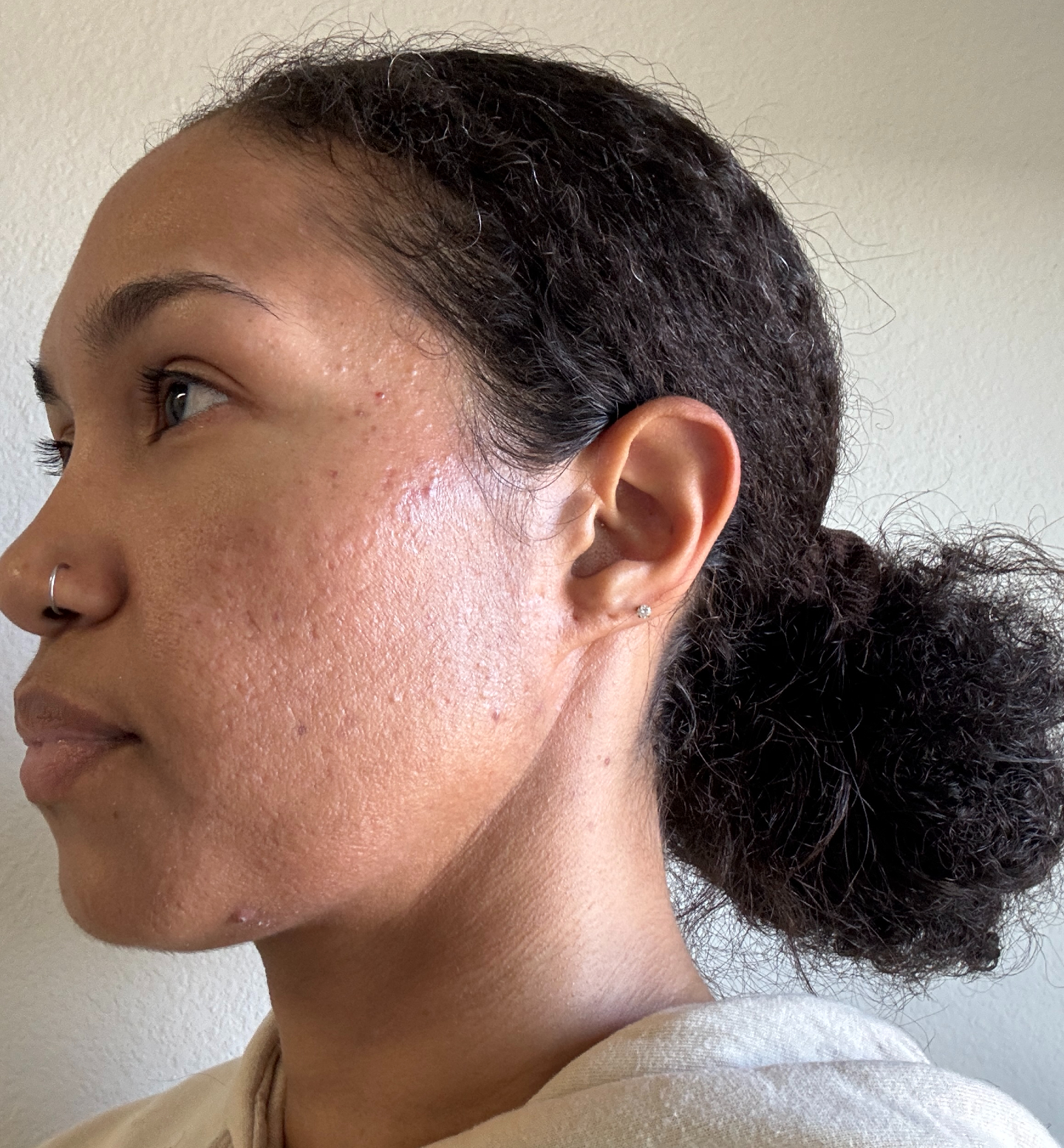
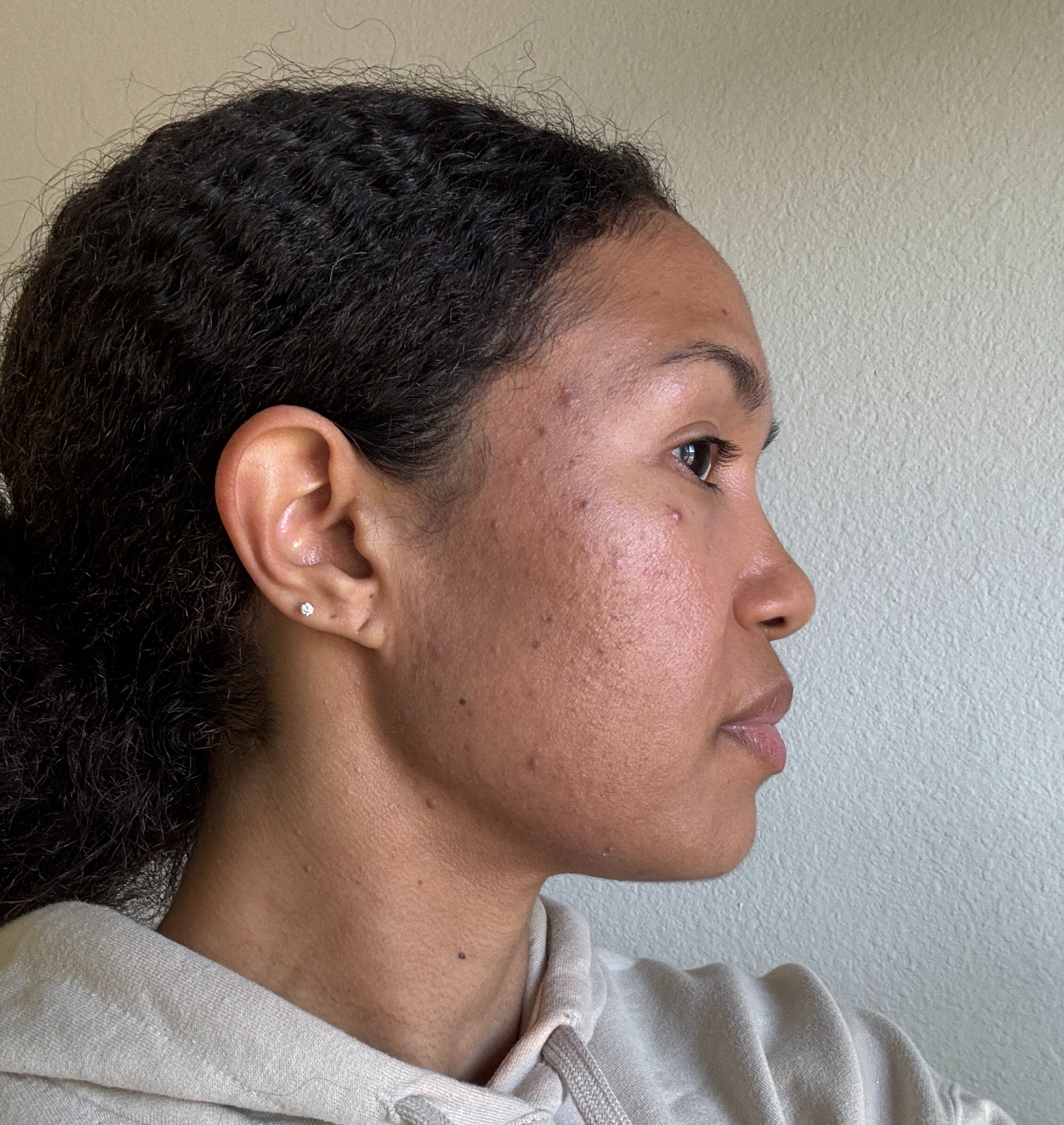
The real purging started around a week after the treatment—a lot of old bumps started to resurface then. Palacios explained a bit more about why this happens. "The increased cell turnover from an exfoliating treatment (like liquid micro-needling, chemical peels, and use of retinols) can bring bacteria, oil, dirt, and other debris to the surface of the skin, temporarily causing breakouts," she says. "This is called skin purging and can last anywhere from a few days to a few weeks. It can cause concern because the purpose of the treatment is to perfect the skin, but it’s important to stay the course and trust the process. We want to rid our pores of the gunk! Post-treatment skin sensitivity, tightness, dryness, and even micro-flaking/ shedding are to be expected, also as a result of stimulated cell turnover/exfoliation. This is the result we’re looking for."
Normally, I wouldn't be too happy about experiencing a purge, but I didn't mind it this time around because it meant the treatment was working. It brought a lot of old stubborn texture bumps to the surface that I struggled to get rid of previously. If you'd like to get the treatment for the same reason, it's something to be aware of—your skin might go through a major cleanse. The below photos are what my skin looked like about three weeks after the treatment.
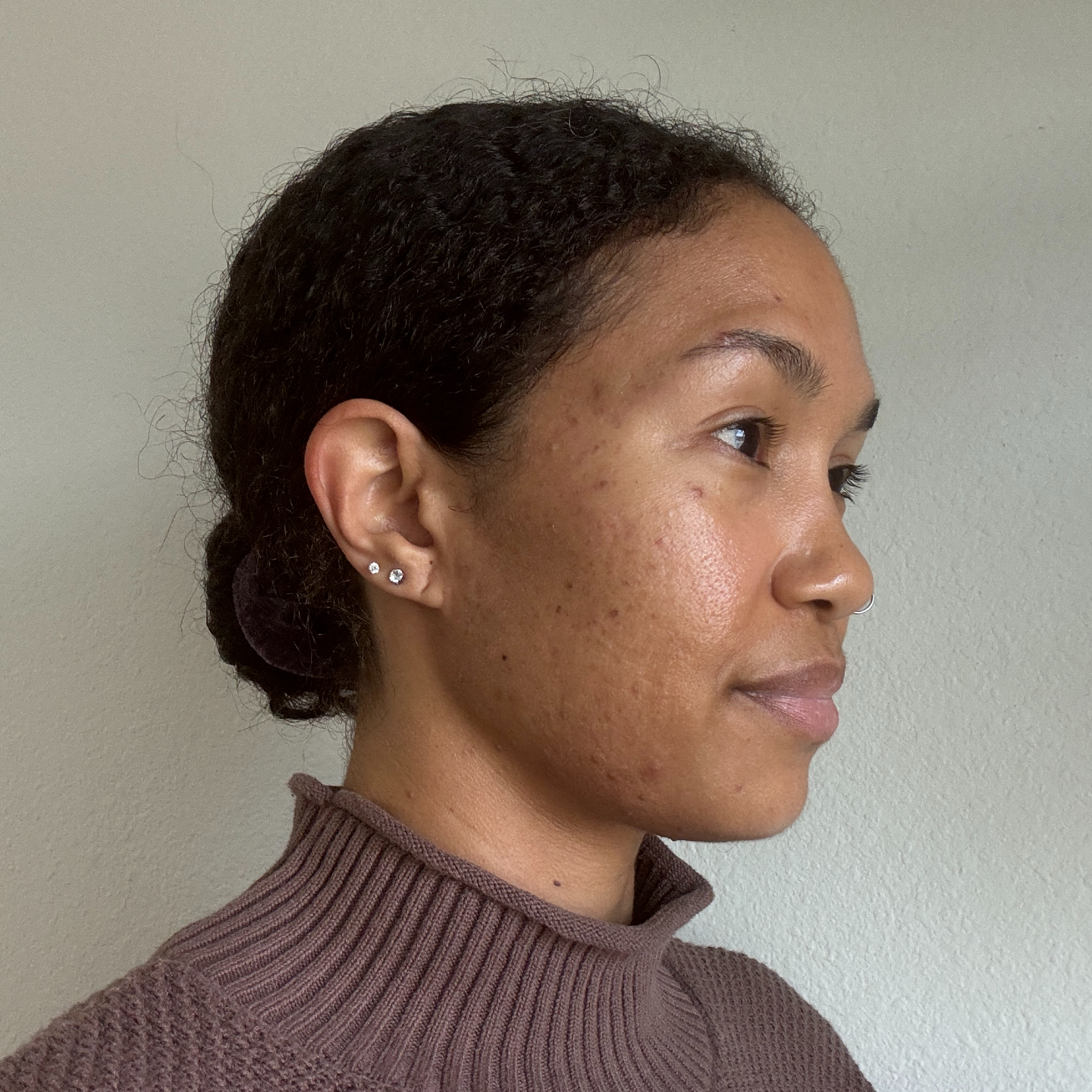
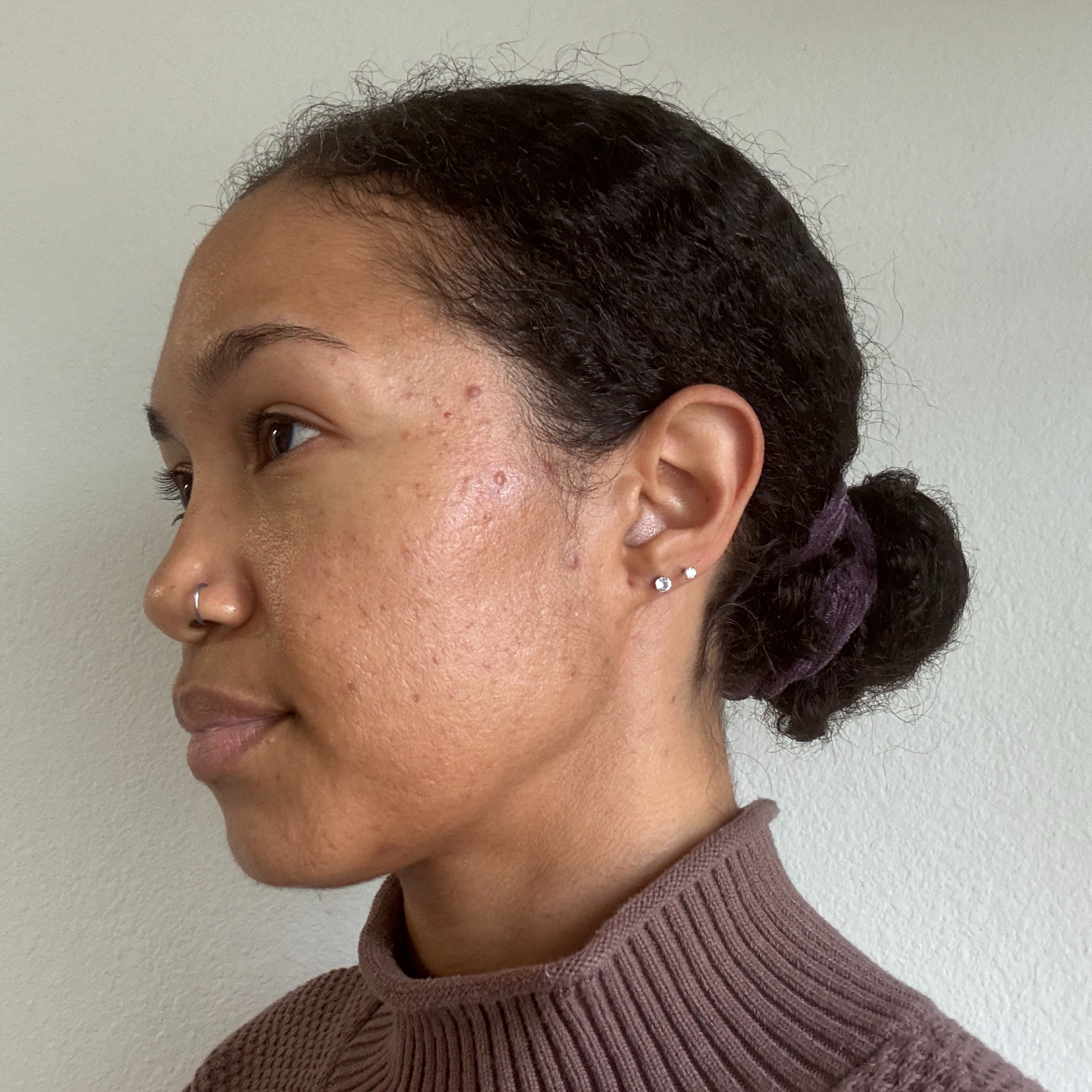
It's definitely not perfect, but it's a huge improvement and that's only after receiving one treatment! Palacios told me that you'll see the best results after receiving four consecutive treatments, so I'm sprinting back to her office immediately.
Now that it's been a few weeks since I've received this, I can say I've seen the biggest improvement in the integrity of my skin barrier, acne, and old texture. I'm echoing Palacios's sentiment—it's my new obsession. It also gives your skin a glow and begins working almost immediately—two things I really appreciate in a facial treatment. Palacios got it herself and said that it completely healed her own acne, so I'm looking forward to continuing the treatment. Like I mentioned, this treatment can definitely be uncomfortable if you have sensitive skin, but the results are incredible and so worth it.
How much does a Cellstory treatment cost?
Like most in-office treatments, Cellstory can be pretty expensive. If you're in L.A. and would like to go with Palacios's expert hands, one treatment is $300 and you can book via her website. This treatment is fairly new and isn't offered by too many aestheticians in the U.S. just yet, but keep your eyes peeled. I'm sure that will change in the coming year, and if you do happen to find an aesthetician near you who offers it, don't hesitate! I consider it one of the best in-office treatments I've ever gotten.
My skincare routine after receiving a Cellstory treatment
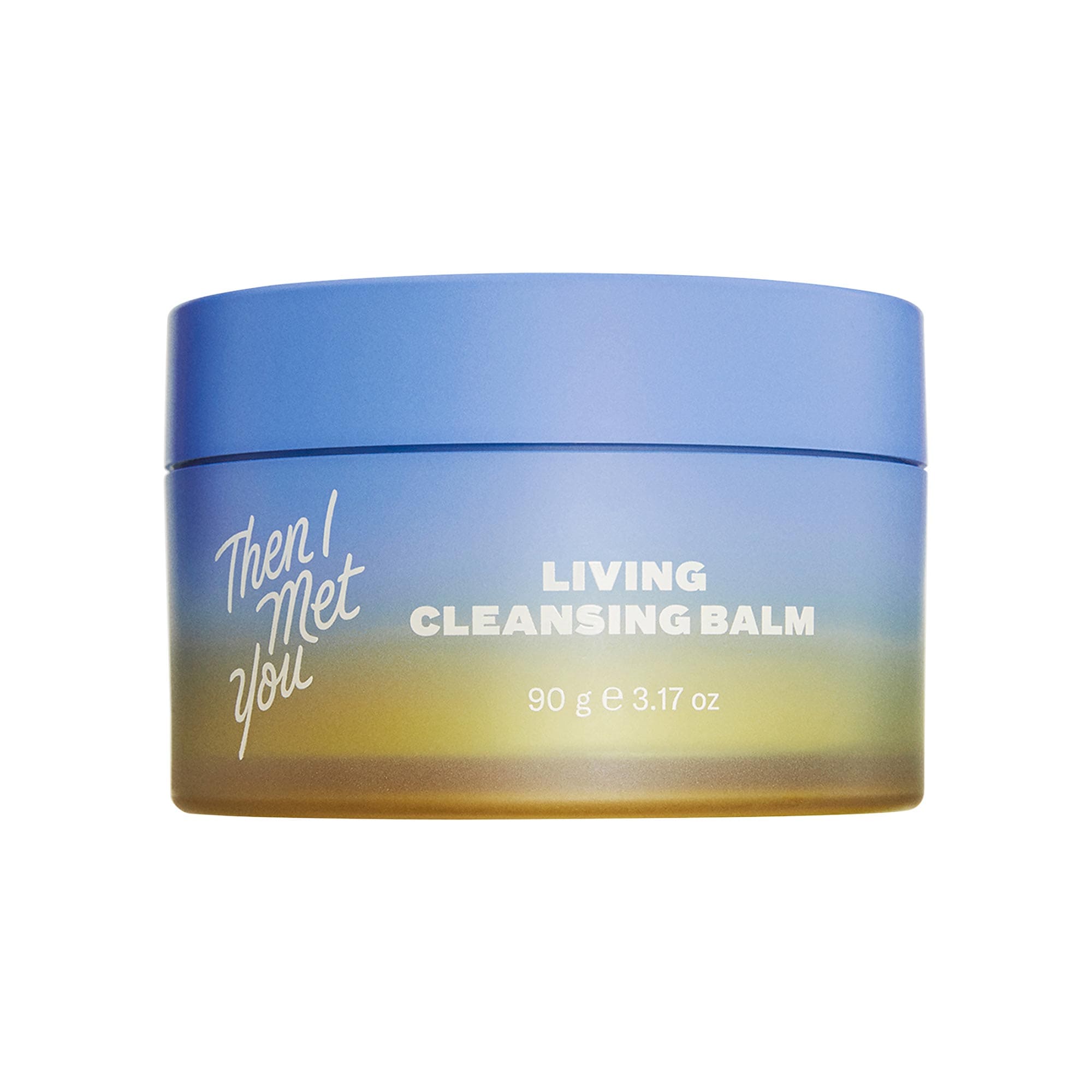
There aren't a lot of oil and balm-textured cleansers out there that are acne-safe, but this is one of them. Palacios recommended this to me as a first-step cleanser for my evening routine, and I love it. She says, "Be mindful of cleansing oils because they can be comedogenic/pore-clogging. I stick to tried-and-true Dermalogica’s Precleanse Cleansing Oil ($49). An iconic, cult classic. Then I Met You’s cleansing balm is also beautiful."
The texture of this melts into a rich oil that isn't too heavy but really gets all the gunk and excess oil out of your skin. I can now see why this particular product has gained a cult following.
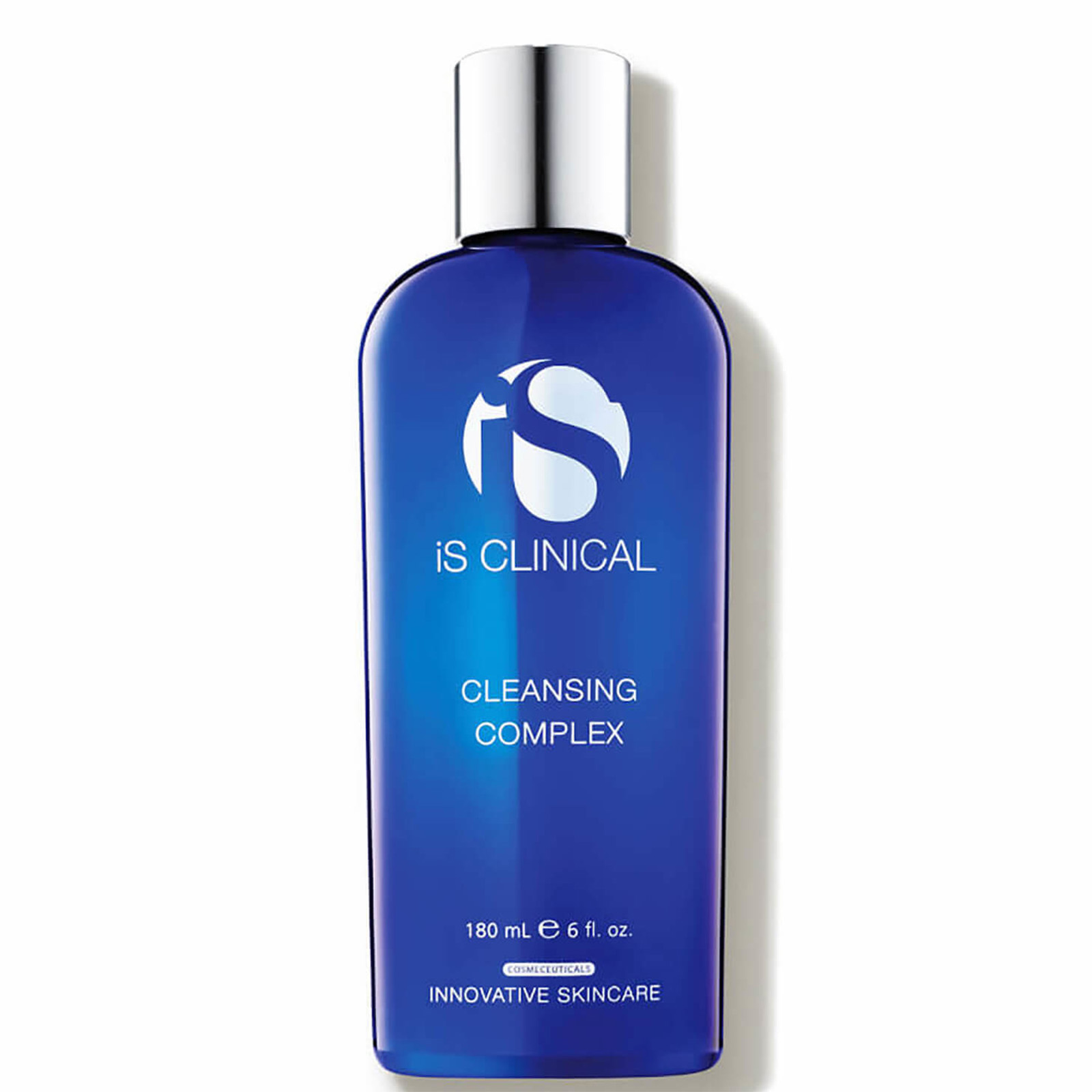
Palacios put me on a routine consisting of all IS Clinical products for aftercare. This cleanser is perfect post-procedure because it's so gentle but clears out pores like no other. It also never strips my skin or leaves it feeling dry after.
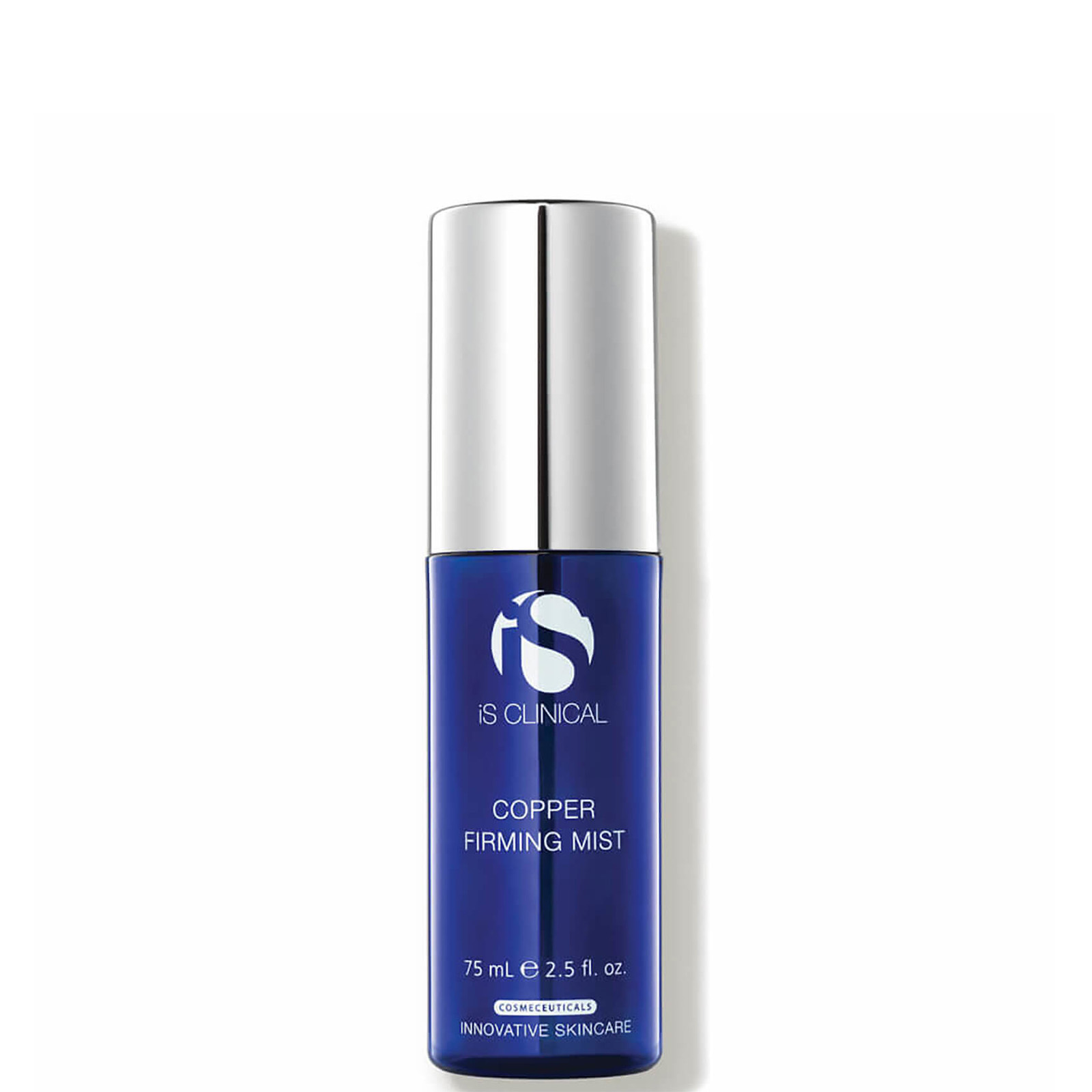
A spritz or two of this after cleansing refreshes and hydrates my skin so well.
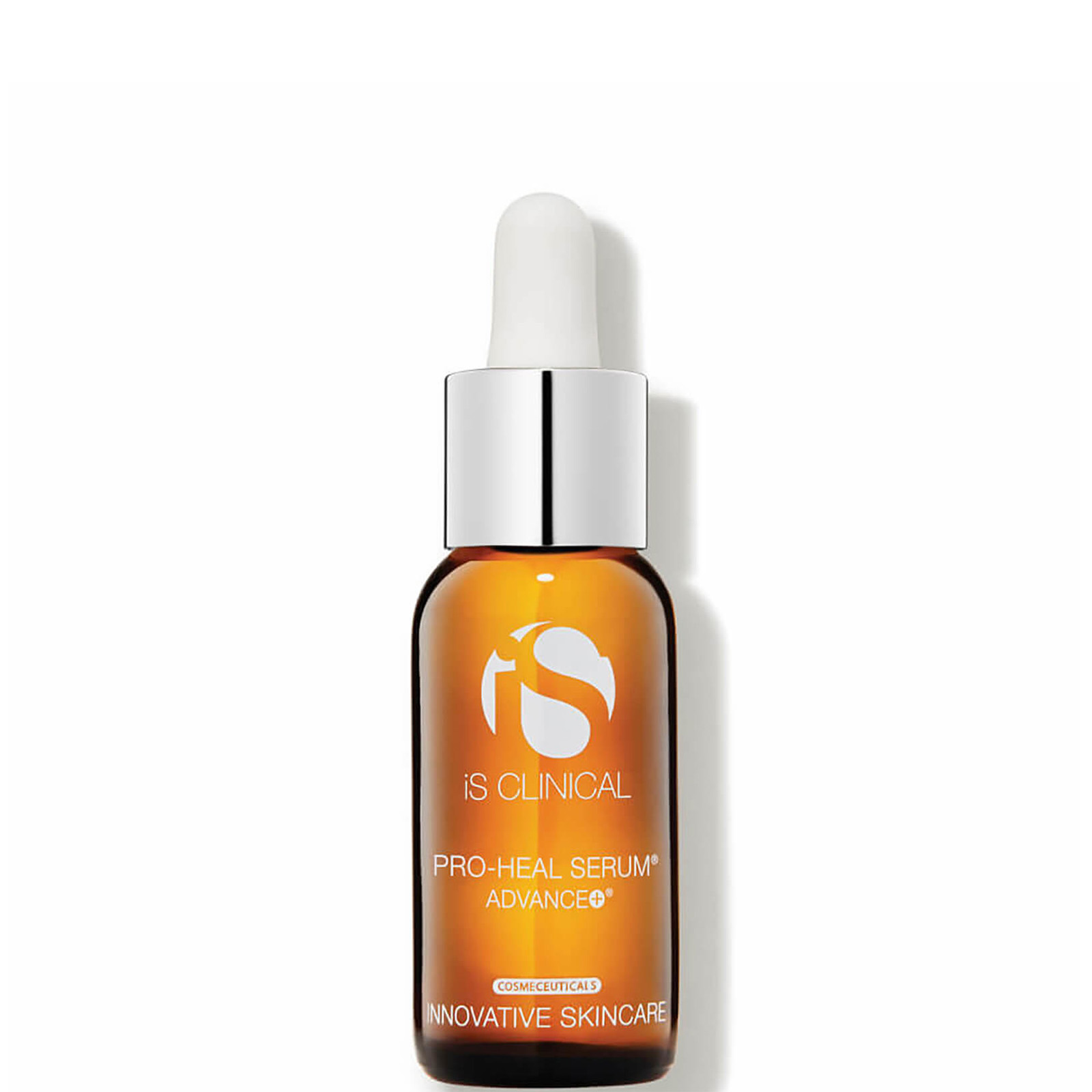
In the morning, I use the brand's wildly popular vitamin C serum specifically designed for acne-prone skin. The formula for this is so simple yet highly effective, and the brightening it offers is unreal. I noticed a glow after just a few days of use and so many of my dark spots have faded significantly. IS Clinical has always offered the GOAT when it comes to simple, effective, acne-safe skincare, and this is easily one of my favorite products from the brand.
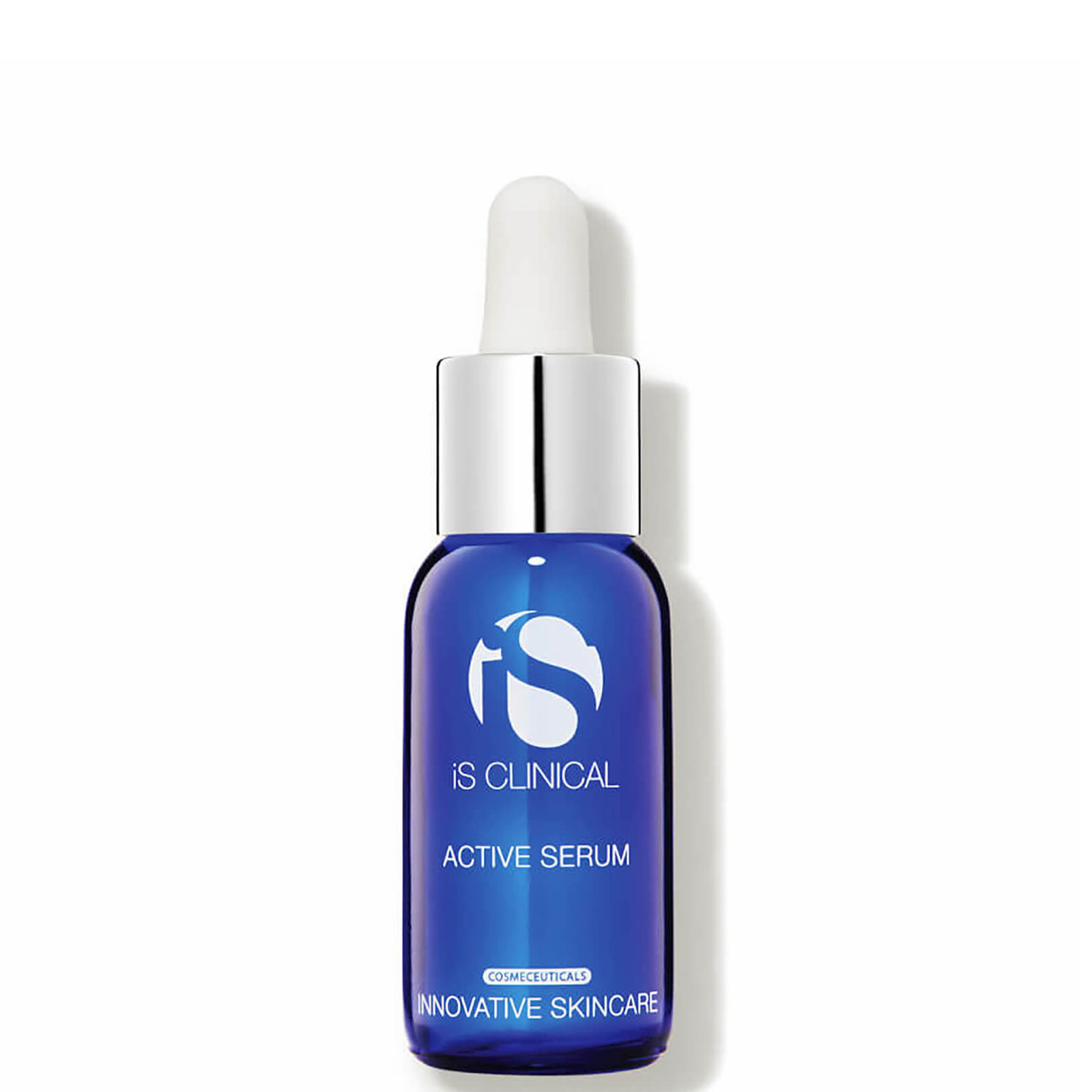
At night, Palacios recommended I use this exfoliating serum from the brand. Every beauty editor and aesthetician I know loves this product, and I'm no exception. It works remarkably fast at clearing up acne and congestion. It does tingle a bit, but it's not overly harsh or too drying on the skin. I know IS Clinical formulas aren't exactly drugstore-priced, but as a beauty editor who tries almost everything, I can tell you that the products are completely worth it. They work quickly, provide real results, and don't contain heavy pore-clogging oils. As a bonus, a lot of the brand's products are also pregnancy-safe.
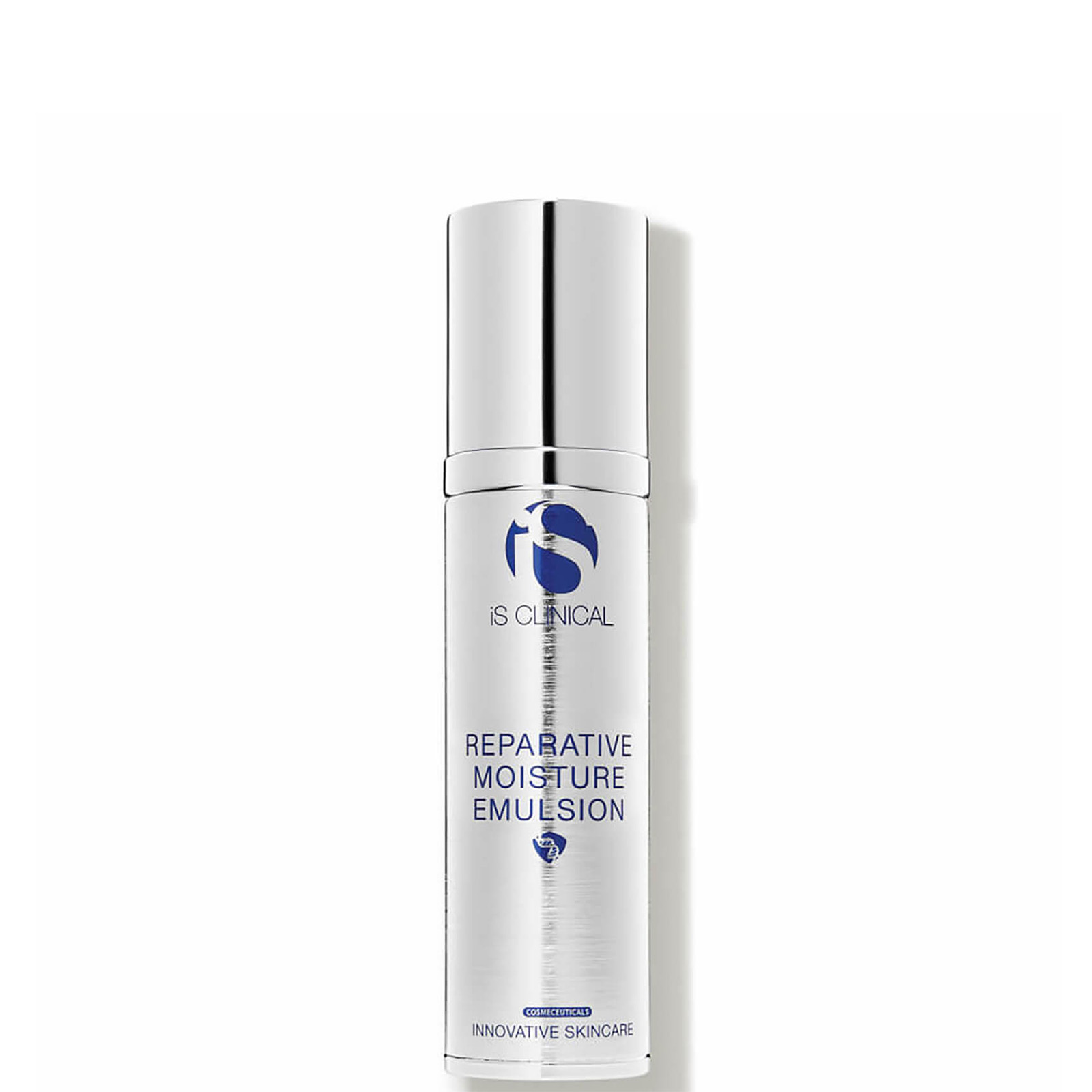
My obsession with this moisturizer is borderline unhealthy. As someone with dehydrated, acne-prone skin, it's been so hard to find the right moisturizer for my skin that provides enough hydration, but isn't so heavy that it causes new breakouts. This is the perfect solution. It's so hydrating yet oil-free, and the moisture doesn't disappear after a few hours like it does with other moisturizers I've used.
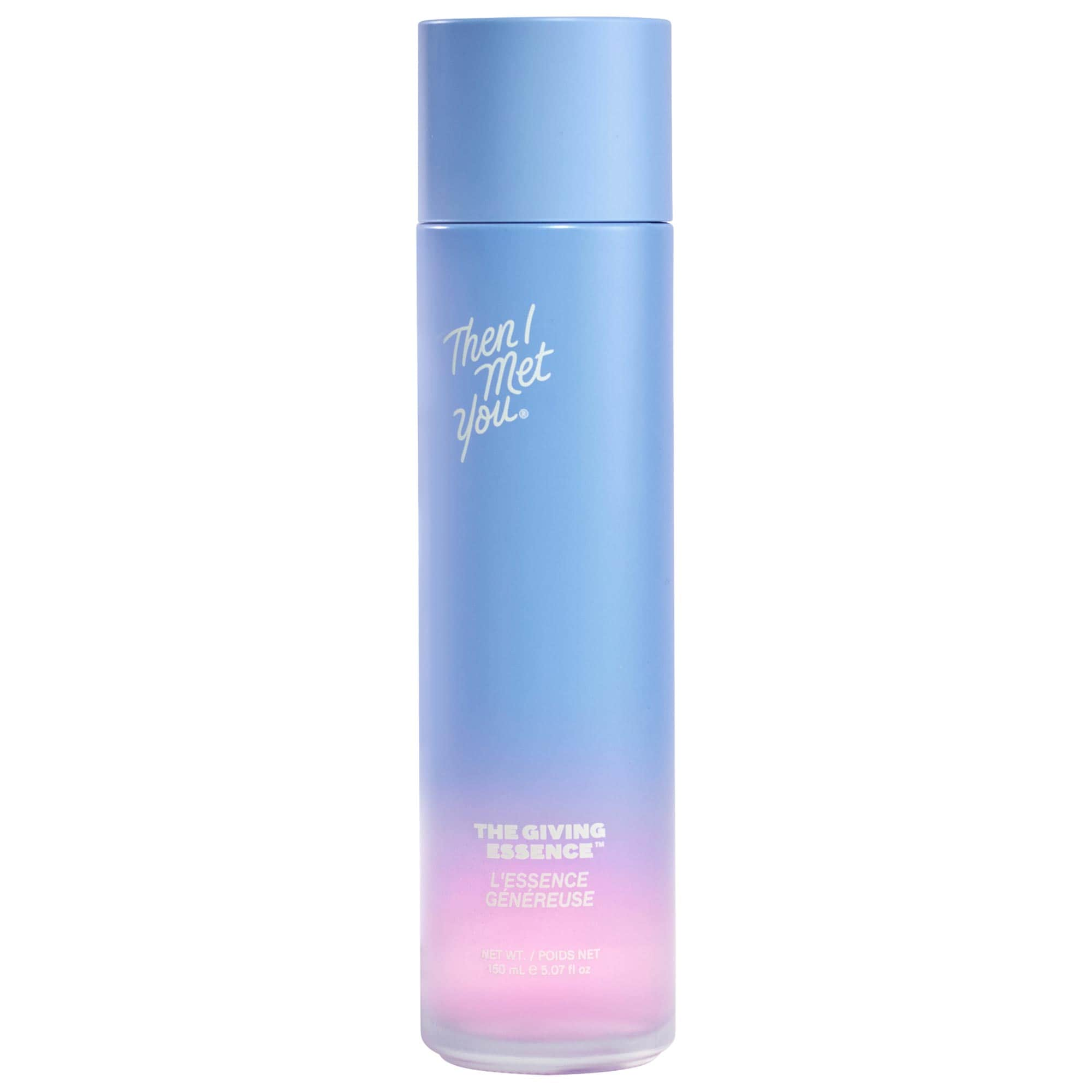
I'm a big K-beauty fan so, naturally, I love a hydrating essence. Because Palacios loves this brand, I decided to try the one it had to offer. It not only provides great water-based hydration (perfect for acne-prone skin) but also gives you a lit-from-within glow that's seriously next-level.
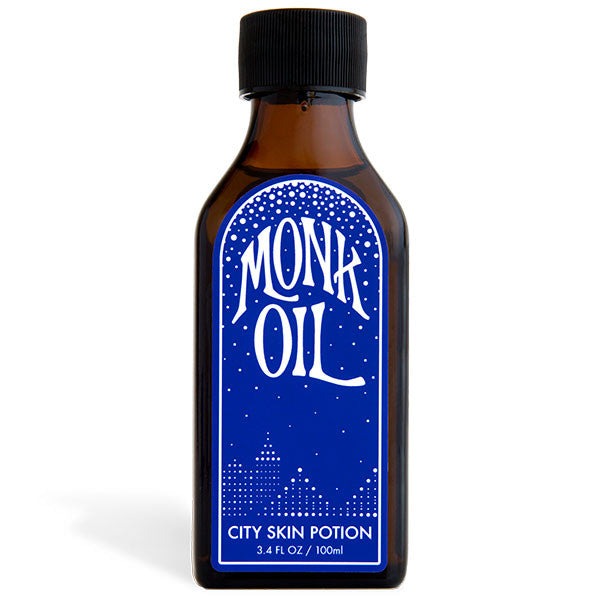
I might be a beauty writer, but I'm also a Reiki master, so any type of skincare or modality that's even slightly woo-woo I'm all over. This super-luxe face oil falls into that category because, in addition to healing oils, it also contains one of my favorite flower essences, Yarrow Environmental Solution Flower Essence by Flower Essence Society. It's designed for city dwellers (like me) who are exposed to a lot of pollution in their environment every day. It works by helping to create an energetic shield around your skin. It also just makes your skin incredibly soft and hydrates like no other. Needless to say, it's now a staple in my routine.
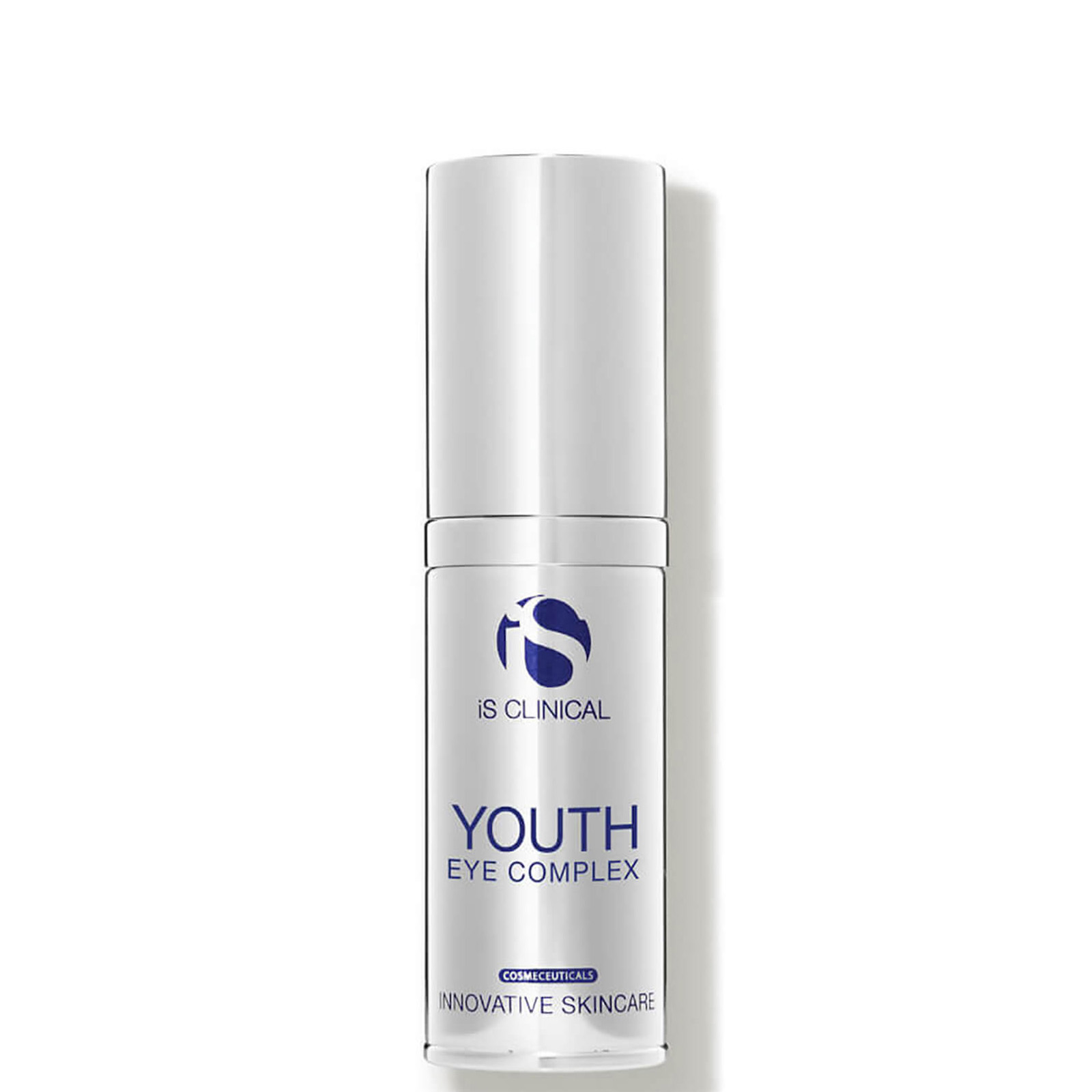
Another hit from this brand. This eye cream is rich and decadent but isn't too heavy. Peptides and antioxidants prevent premature aging around the eye area and keep it smooth and protected. Now that I'm fully obsessed with all of these picks, I'm ready to dive in to the rest of the brand's offerings because I know they'll be just as good.
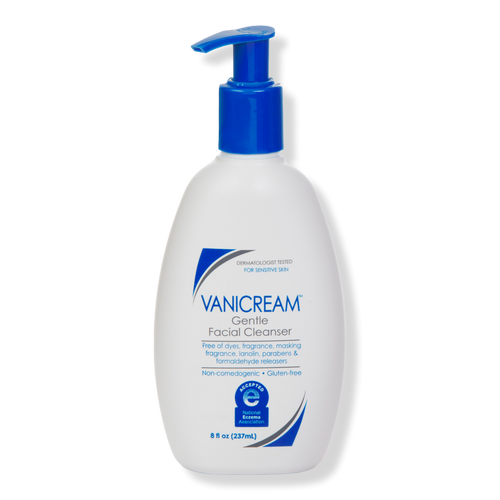
IS Clinical is, as Palacios likes to put it, a "mountain-moving brand," but it's not the most budget-friendly. If you need something simple and cost-effective for Cellstory aftercare, she says to try Vanicream's gentle cleanser. It can be found at most drugstores and gets the job done.
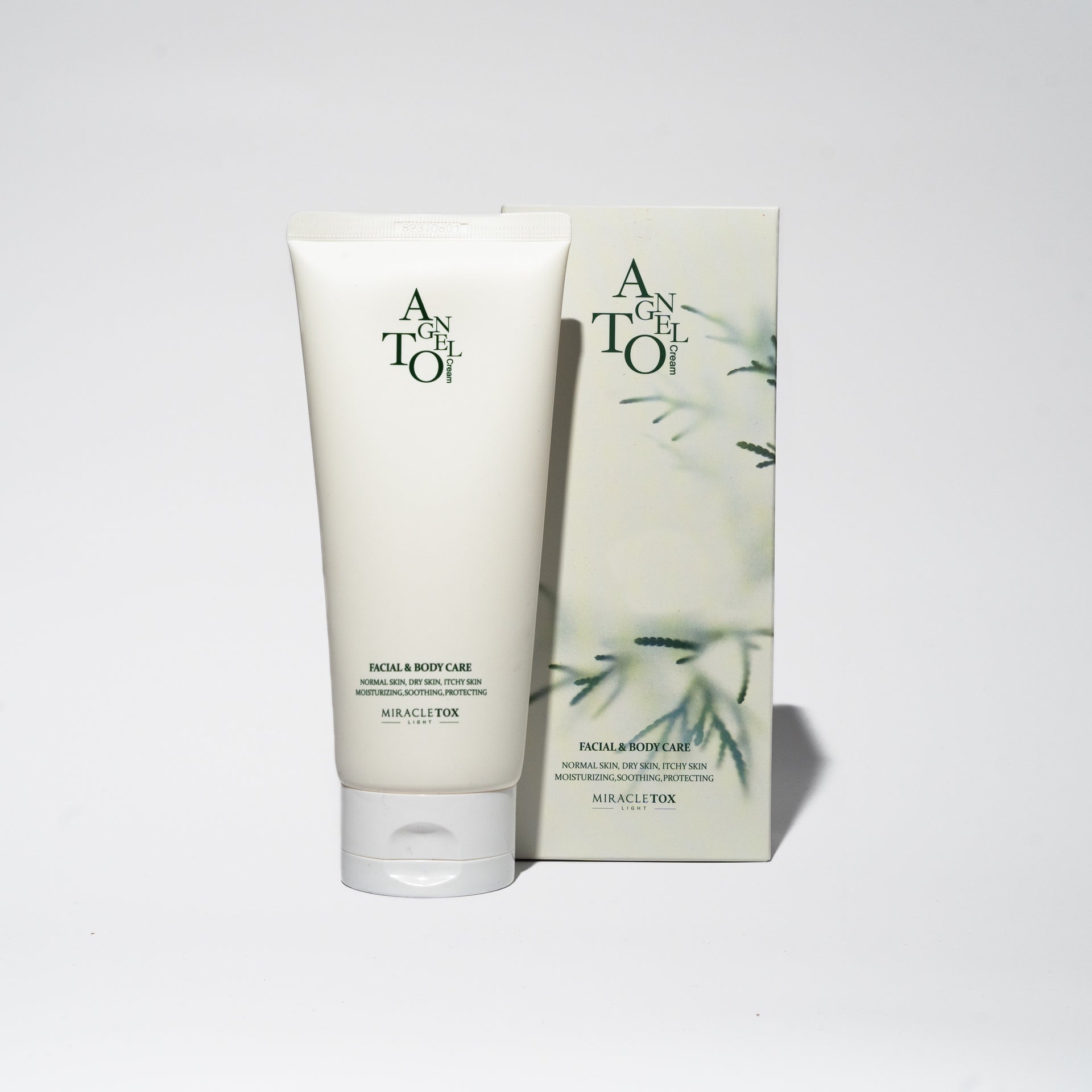
Palacios also recommends this cult-loved Korean cream. "I recommend this for extra hydration because it has probiotics, nine essential amino acids, seaweed extract, oxya sinuosa oil, and chamaecyparis obtusa water," she says. "It's ideal for skin-barrier recovery and preventing transepidermal water loss."
Shawna Hudson is a beauty, wellness, lifestyle, and travel writer with over 10 years of experience. She graduated from California State University, Fullerton, with a degree in journalism and has written for other publications such as Bustle, The Zoe Report, Byrdie, Elite Daily, and more. She is currently a beauty writer at Who What Wear and hopes to continue feeding her (completely out-of-control) beauty obsession as long as she can. Stay up to date on her latest finds on Instagram @shawnasimonee.
-
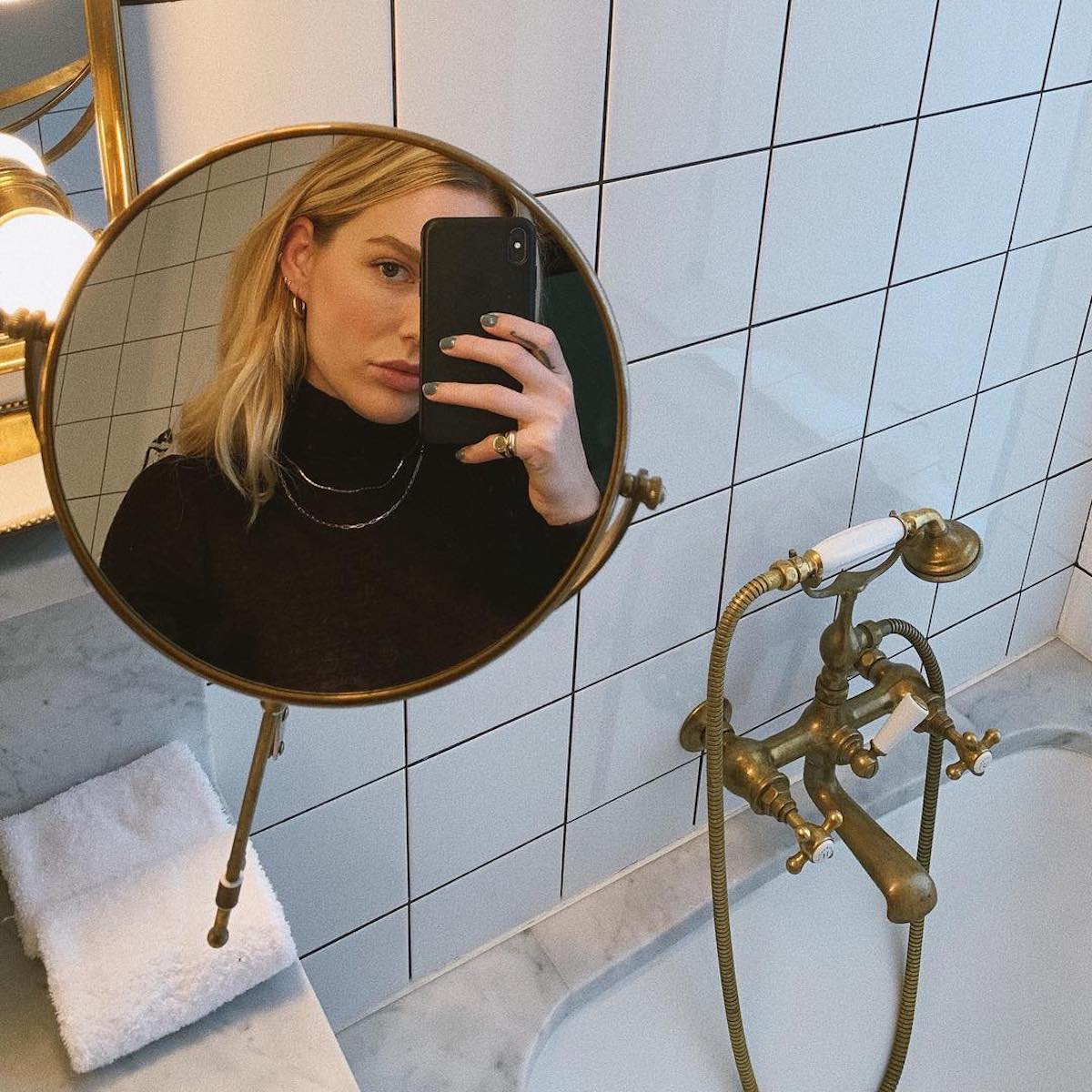 Dry Skin and Damaged Hair? Hard Water Could Be the Culprit—Here's What to Do About It
Dry Skin and Damaged Hair? Hard Water Could Be the Culprit—Here's What to Do About ItTwo dermatologists and a trichologist agree.
By Kaitlyn McLintock
-
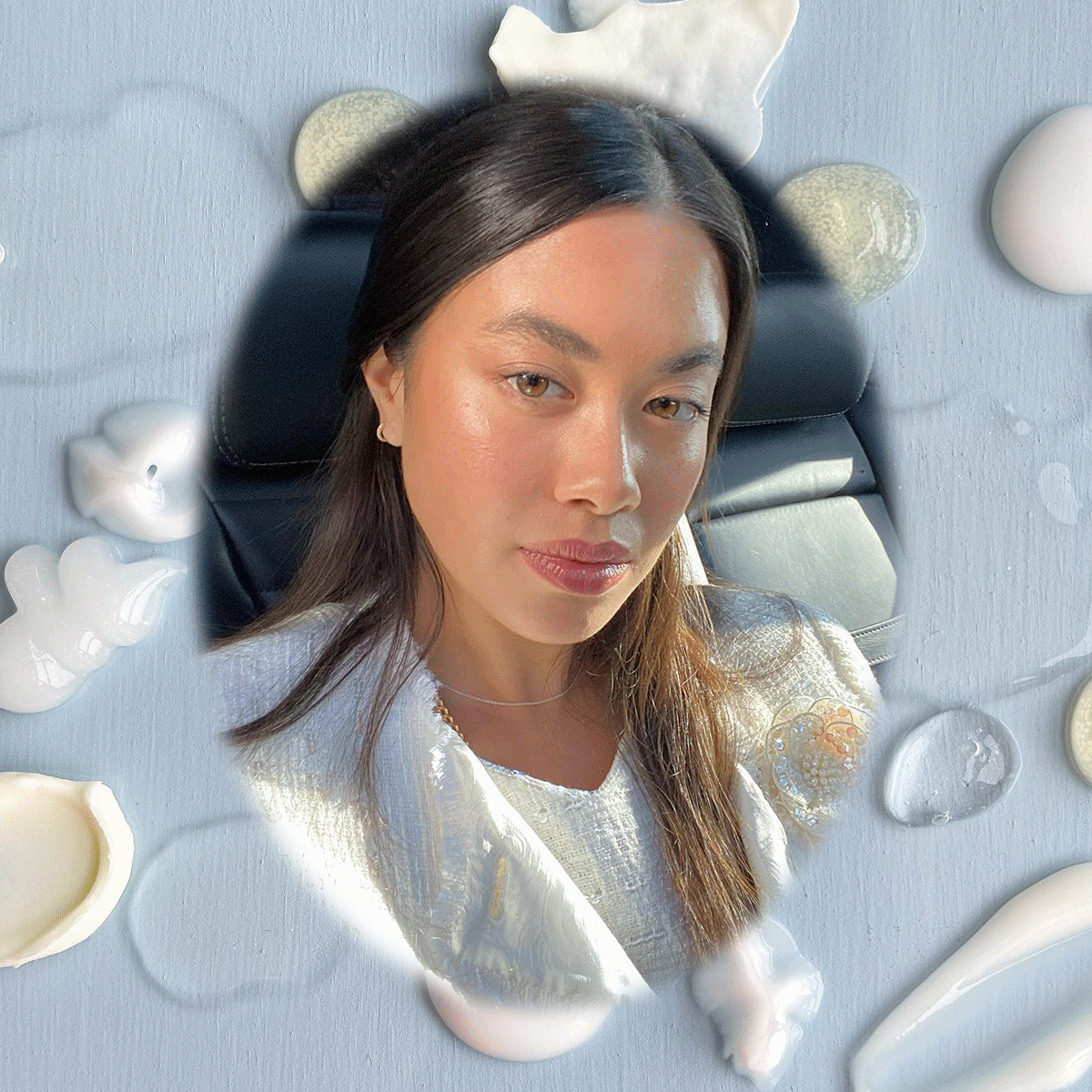 Derms Say This Is the Ultimate "Glass Skin" Ingredient, and You've Probably Never Heard of It
Derms Say This Is the Ultimate "Glass Skin" Ingredient, and You've Probably Never Heard of ItHere's the 411.
By Kaitlyn McLintock
-
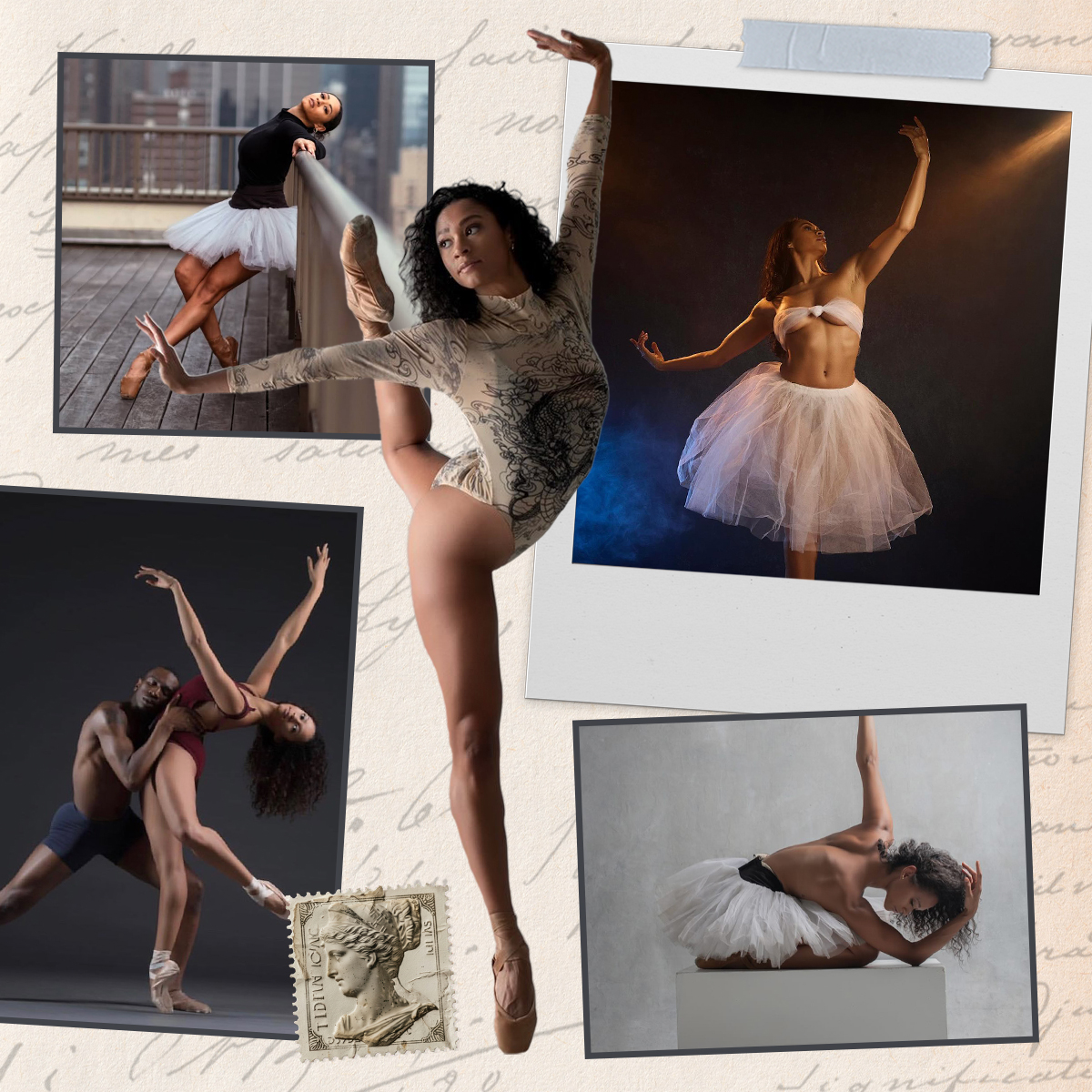 There's Nothing Stopping Ballerina Alicia Mae Holloway From Soaring to New Heights
There's Nothing Stopping Ballerina Alicia Mae Holloway From Soaring to New HeightsThis dancer is living life with no limits.
By Maya Thomas
-
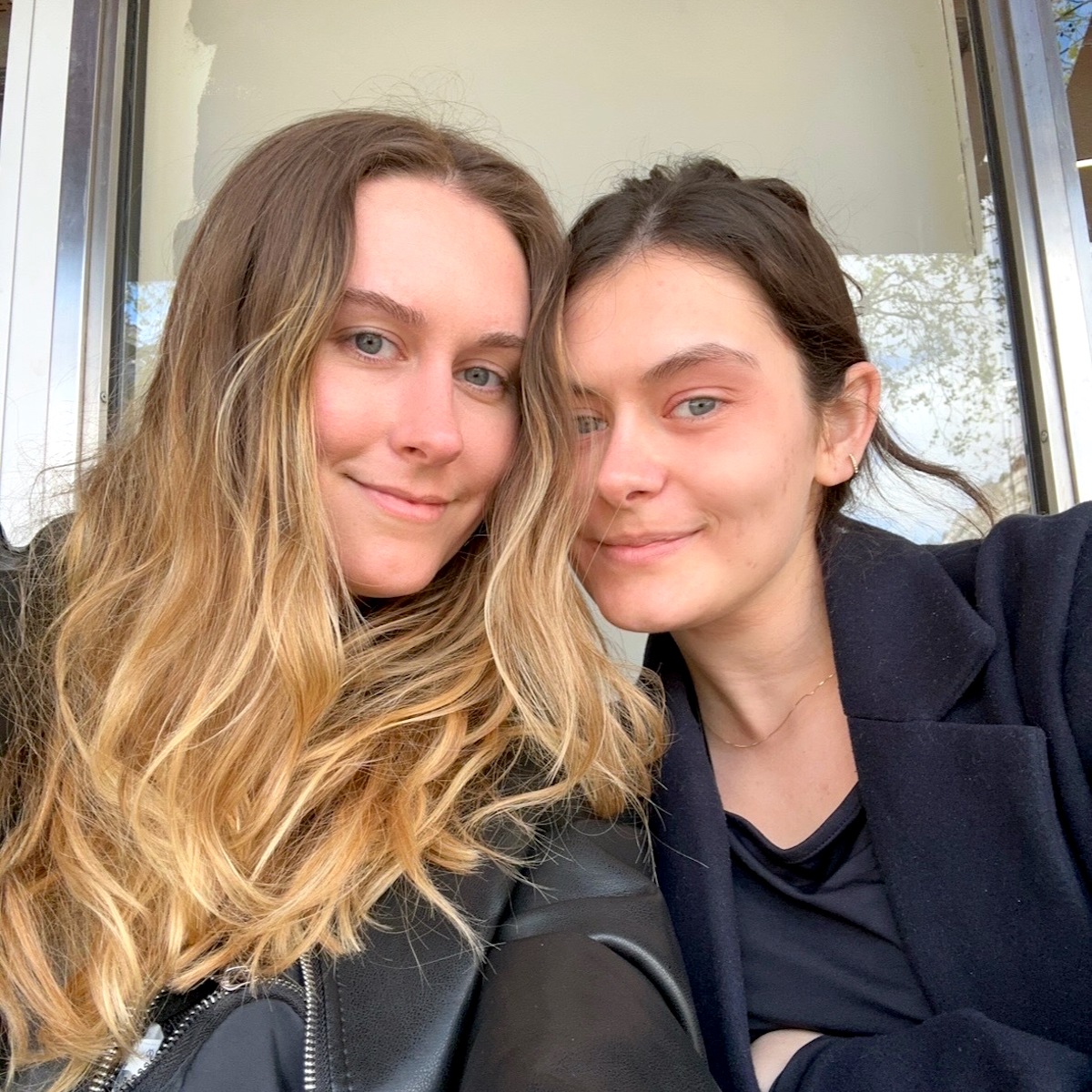 My Sister and I Have Opposite Skin Types, But These Products *Magically* Work for Both of Us
My Sister and I Have Opposite Skin Types, But These Products *Magically* Work for Both of UsThese are our "unicorn" products.
By Kaitlyn McLintock
-
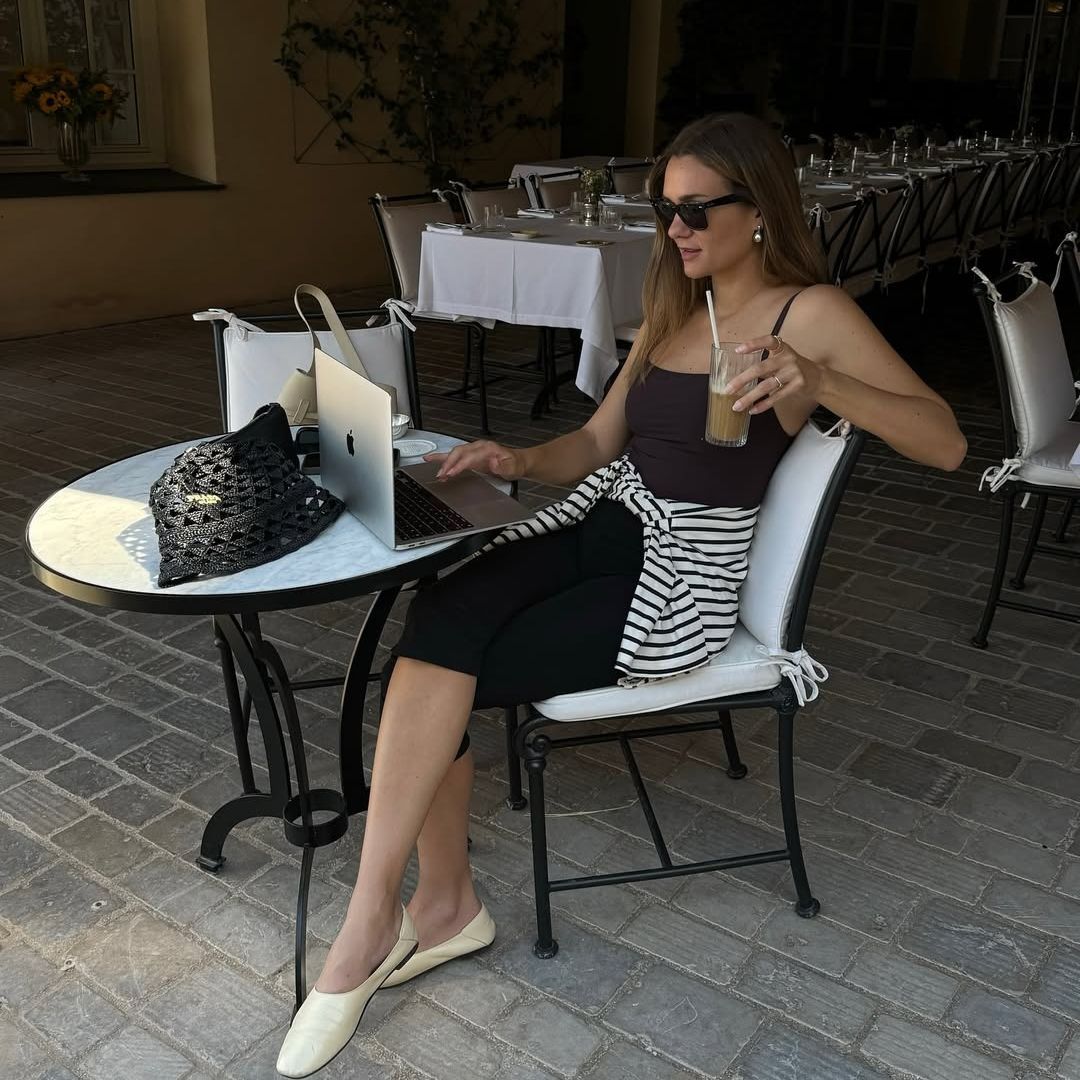 I Polled Our Editor Slack Channel—10 French Beauty Products We’d Buy From Ulta’s Spring Sale
I Polled Our Editor Slack Channel—10 French Beauty Products We’d Buy From Ulta’s Spring SaleBy Alyssa Brascia
-
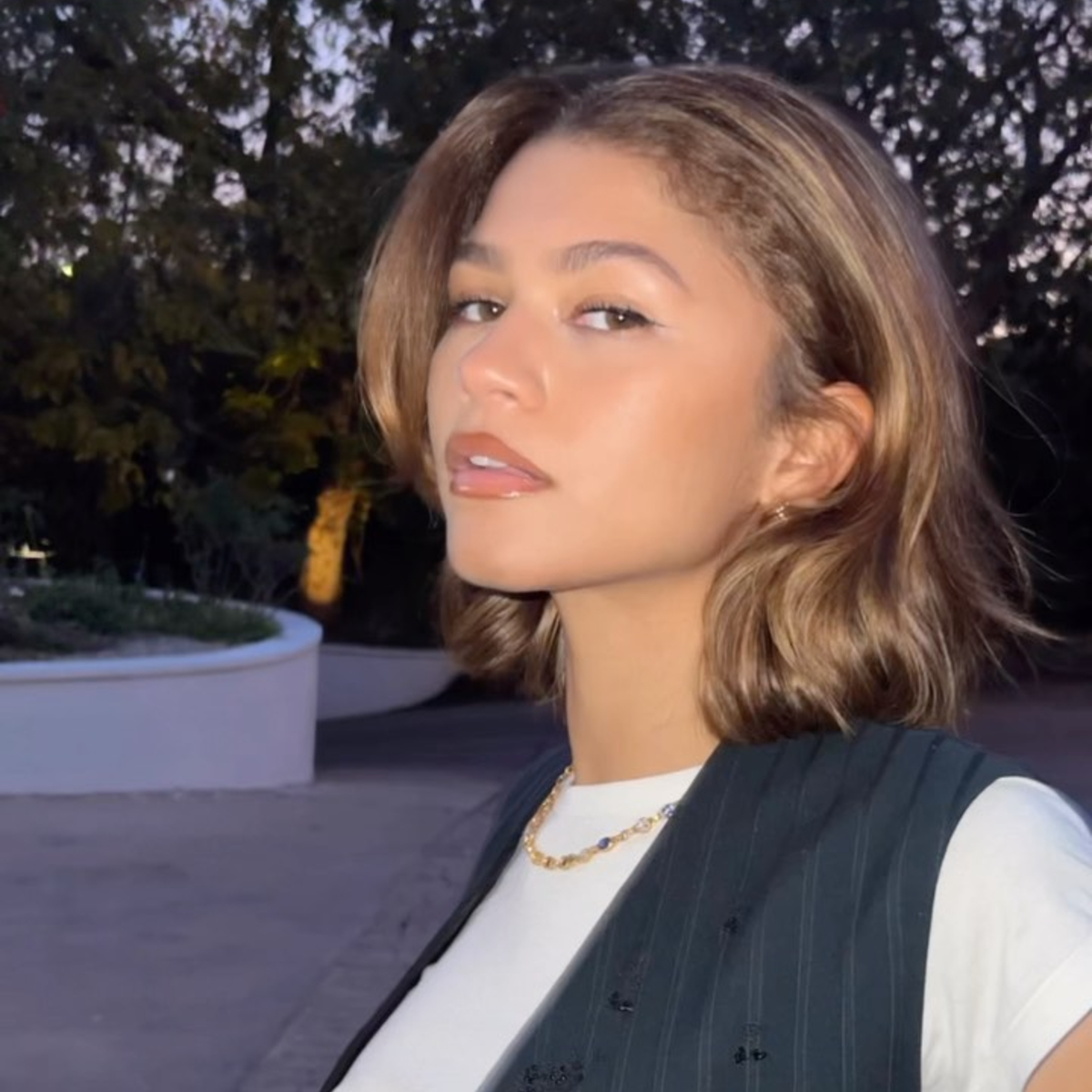 5 Underrated Pillars of Youthful and Glowing Skin, According to Zendaya's Facialist
5 Underrated Pillars of Youthful and Glowing Skin, According to Zendaya's FacialistI'm taking so many notes.
By Shawna Hudson
-
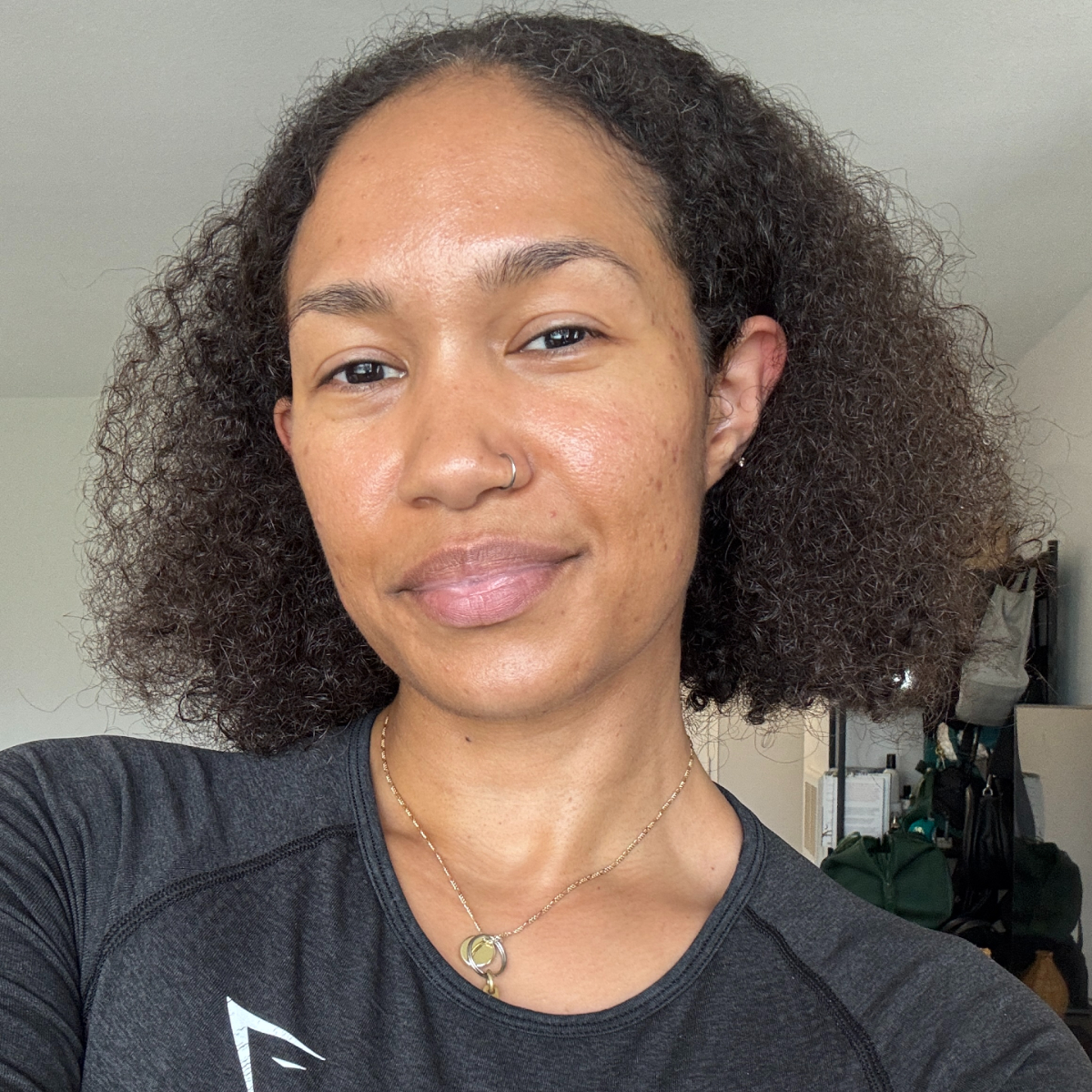 Aestheticians on Instagram Can't Stop Raving About This Acne-Clearing Serum, so I Tried It
Aestheticians on Instagram Can't Stop Raving About This Acne-Clearing Serum, so I Tried ItIt's perfect for sensitive skin.
By Shawna Hudson
-
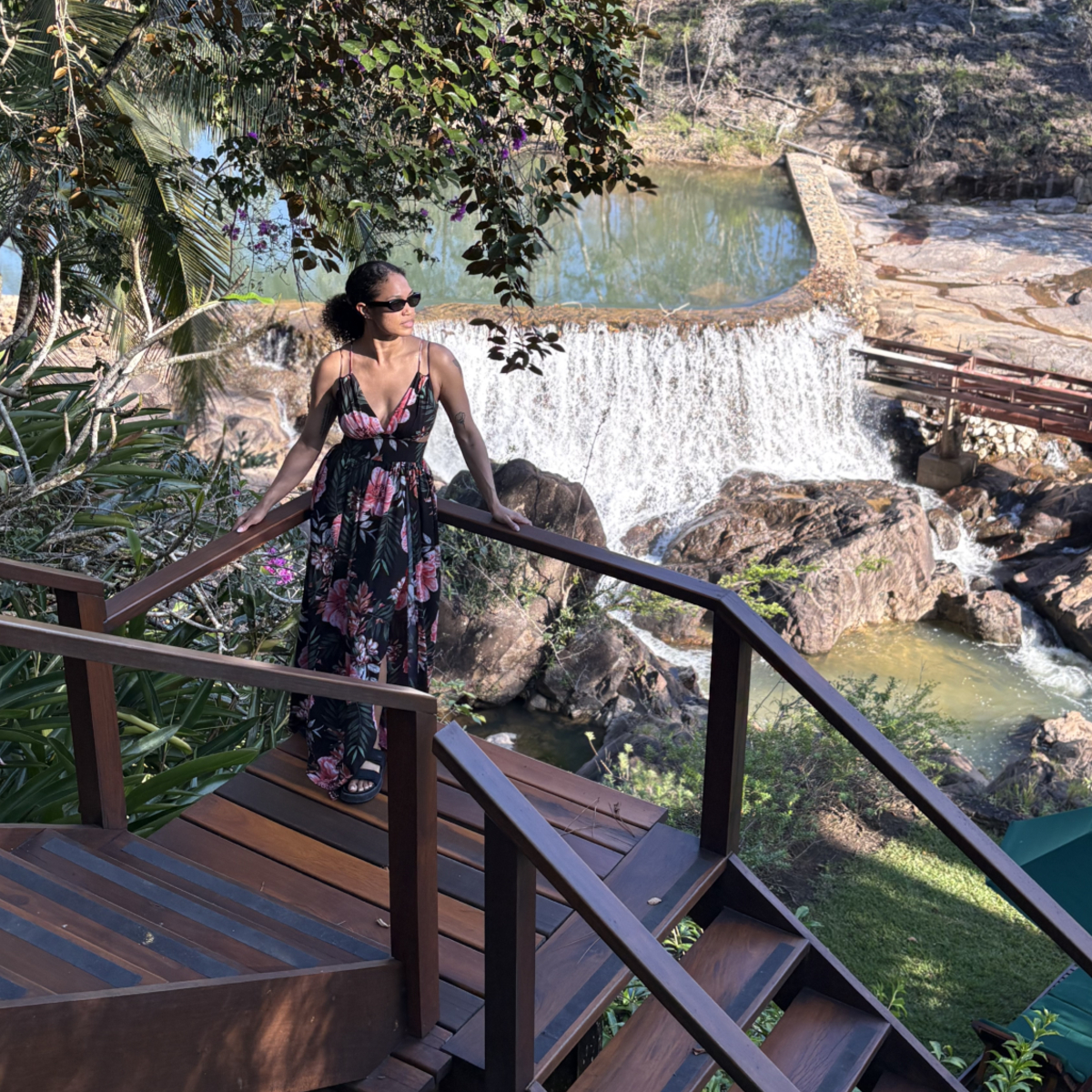 I Just Visited the Rainforest—These Were the Beauty Products That Proved Essential
I Just Visited the Rainforest—These Were the Beauty Products That Proved EssentialTravel dryness? I don't know her.
By Shawna Hudson
